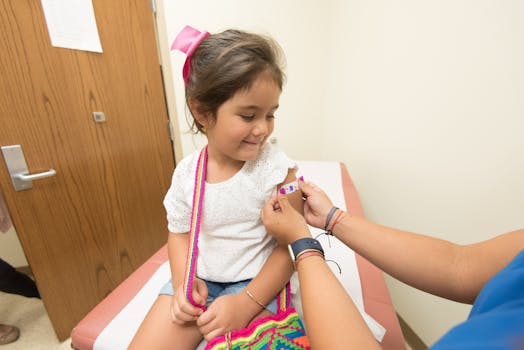
Introduction

Understanding the science behind vaccines and immunization is crucial as it plays a significant role in public health. Vaccines are biological preparations that provide acquired immunity to a particular infectious disease. They contain antigens that stimulate the immune system, prompting the body to produce antibodies.
How Vaccines Work

Vaccines work by mimicking an infection, which triggers the immune response. When a vaccine is introduced into the body, the immune system responds by recognizing the antigens as foreign invaders. This process involves the activation of T-cells and B-cells, which are essential components of the immune system. T-cells help destroy infected cells, while B-cells produce antibodies that neutralize pathogens.
The Types of Vaccines

There are several types of vaccines:
- Inactivated or Killed Vaccines: These contain pathogens that have been killed or inactivated.
- Live Attenuated Vaccines: These contain weakened forms of the virus or bacteria.
- Subunit, Recombinant, or Conjugate Vaccines: These include only parts of the pathogen, such as proteins or sugars.
- Messenger RNA (mRNA) Vaccines: These provide the genetic instructions for cells to produce a protein that is part of the virus, prompting an immune response.
Benefits of Vaccination

The benefits of vaccination are extensive. Vaccines have been instrumental in reducing or eradicating diseases such as smallpox and polio. They help to create herd immunity, which protects those who cannot be vaccinated, such as individuals with certain medical conditions. Additionally, vaccines can reduce healthcare costs by preventing disease outbreaks.
Addressing Vaccine Hesitancy

Despite the clear benefits, vaccine hesitancy remains a challenge. Misinformation and fears regarding vaccine safety can lead to lower vaccination rates. Public health initiatives are essential in providing accurate information and addressing concerns to promote vaccine acceptance.
Conclusion

In conclusion, understanding the science behind vaccines and immunization is vital for public health. Vaccines are a safe and effective way to prevent serious diseases and protect communities. Continued education and communication are necessary to combat misinformation and encourage vaccination.



